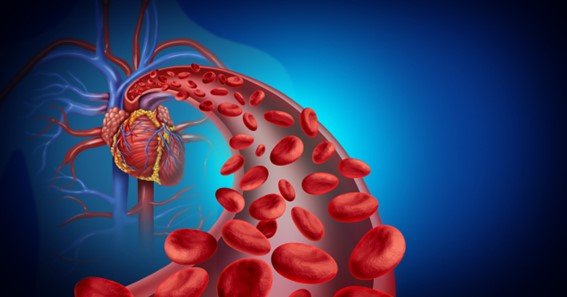Vitamin E, known for its antioxidant properties, is a popular supplement, often taken for its perceived health benefits. But is vitamin E bad for your heart? With recent studies suggesting both benefits and potential risks, it’s important to understand how vitamin E truly affects cardiovascular health. In this article, we’ll dive into vitamin E heart health risks, its impact on heart conditions, and whether taking vitamin E supplements might actually harm your heart.
Understanding Vitamin E and Cardiovascular Health
Vitamin E is a fat-soluble antioxidant that protects cells from oxidative stress, a known contributor to heart disease. While antioxidants generally benefit the body, some research indicates that too much vitamin E could interfere with heart health. Vitamin E and cardiovascular health is a complex relationship influenced by dosage, form, and individual health conditions.
How Vitamin E Affects the Heart
Studies on vitamin E’s impact on heart disease have produced mixed results. On one hand, vitamin E may help reduce oxidative damage and inflammation, both of which are linked to heart disease. However, other studies indicate potential adverse effects, especially with high doses, leading some researchers to question: is vitamin E bad for your heart?
Risks and Side Effects of Vitamin E on Heart Health
High doses of vitamin E might not be suitable for everyone, particularly those with existing cardiovascular conditions. Below are some potential vitamin E heart health risks and side effects on the heart:
- Increased Bleeding Risk: High doses of vitamin E may thin the blood, increasing the risk of hemorrhagic stroke.
- Impact on Blood Pressure: Some studies suggest high levels of vitamin E may lower blood pressure too much, posing risks for people with heart disease.
- Interference with Cholesterol Medication: Vitamin E supplements may interact with cholesterol-lowering medications, potentially affecting cardiovascular outcomes.
These factors illustrate why it’s essential to be cautious with vitamin E supplements heart risk if you have a heart condition or are at risk.
Benefits and Risks: Finding the Right Balance
When it comes to vitamin E benefits and risks for the cardiovascular system, the key is balance. Low to moderate amounts of vitamin E obtained naturally from foods like nuts, seeds, and leafy greens may support heart health. However, the risks associated with high-dose supplements raise questions about whether additional supplementation is necessary. Consulting a healthcare provider can help determine the safest approach for your individual needs.
Recommended Vitamin E Dosage and Heart Health
For those looking to support cardiovascular health, experts suggest meeting your vitamin E dosage and heart health needs primarily through diet rather than supplements. The recommended daily intake of vitamin E for adults is 15 mg (or 22.4 IU), which is generally safe and sufficient for most people. However, supplements containing 400 IU or more may increase health risks, especially for those concerned about vitamin E and cardiovascular health.
FAQ
1. Can vitamin E be harmful to my heart?
Vitamin E in high doses has been linked to potential cardiovascular risks, including increased bleeding and blood pressure fluctuations. Consult with a doctor to determine the right dose for you.
2. Should I avoid vitamin E supplements if I have heart disease?
People with heart conditions should be cautious with vitamin E supplements. High doses might interfere with medications or exacerbate certain risks. A doctor can help evaluate if vitamin E is safe for your situation.
3. What are the benefits of vitamin E for heart health?
In moderate amounts, vitamin E may offer antioxidant benefits that protect cells from oxidative damage, which can help support heart health. It’s best to obtain it through a balanced diet.
4. How much vitamin E is safe for daily intake?
The recommended daily allowance of vitamin E for adults is 15 mg. Supplementing with high doses, especially above 400 IU, may carry health risks and should be monitored by a healthcare professional.
5. Is vitamin E bad for your heart if taken in food form?
Vitamin E from food sources is generally considered safe and beneficial. Foods rich in vitamin E, like nuts, seeds, and leafy greens, provide heart-healthy benefits without the risks associated with high-dose supplements.
Final Thoughts
While vitamin E offers potential heart health benefits, high-dose supplements may carry risks, particularly for those with cardiovascular issues. By understanding the effects of vitamin E on heart conditions and sticking to safe dosages, you can make informed decisions that benefit your overall heart health.










